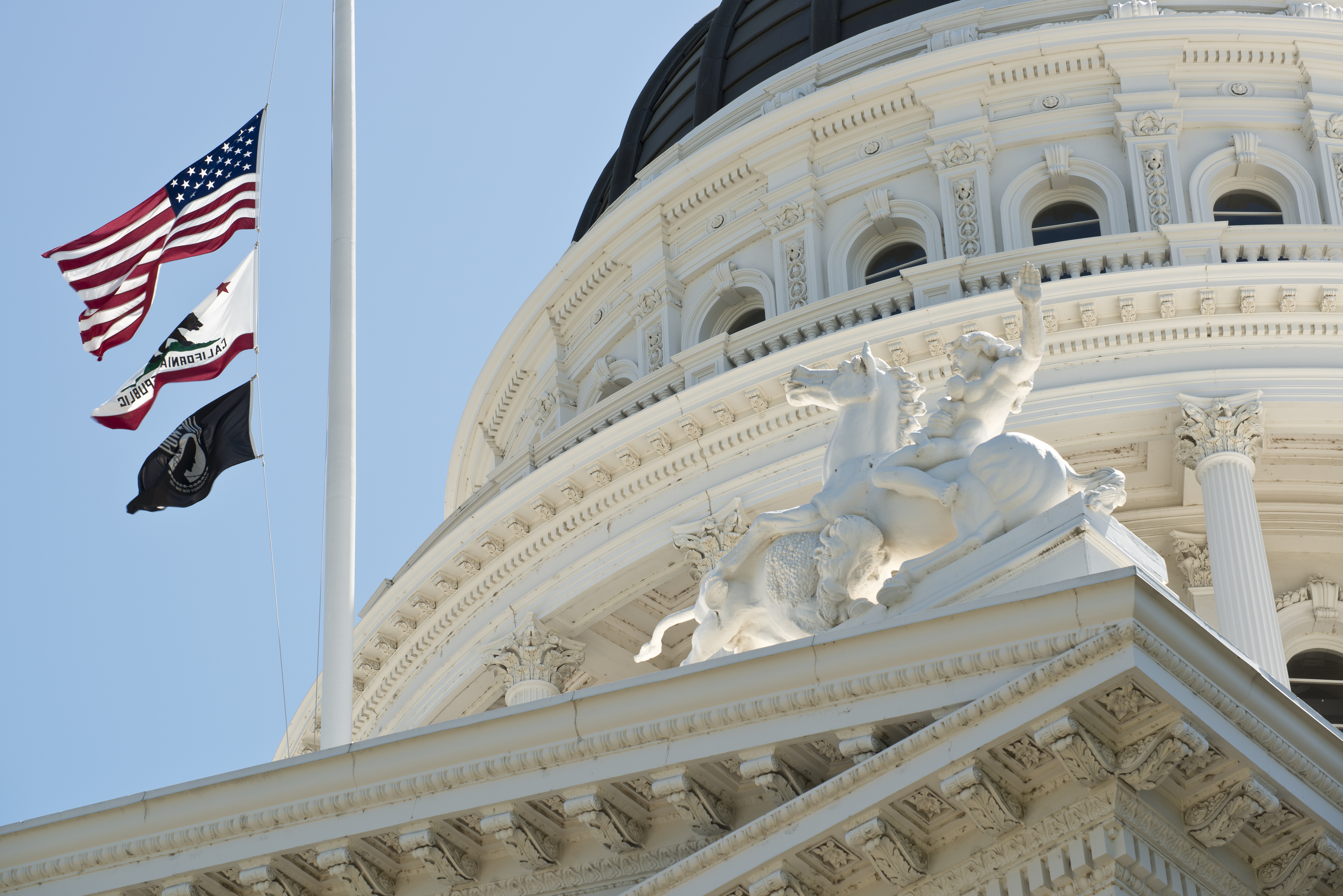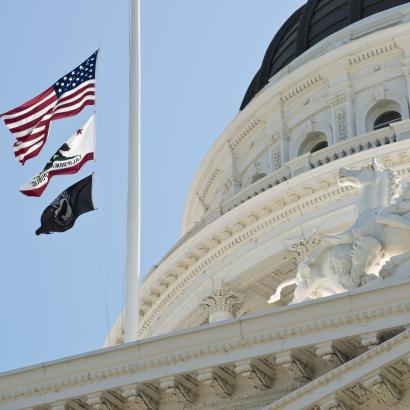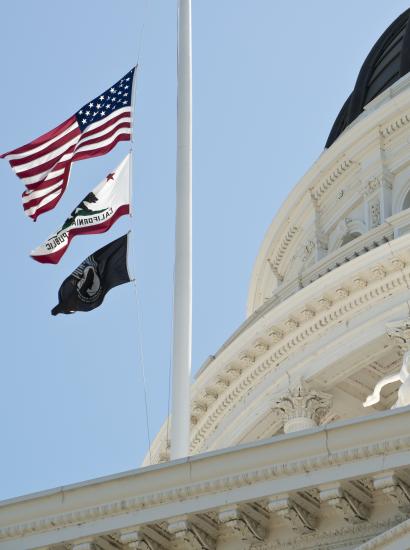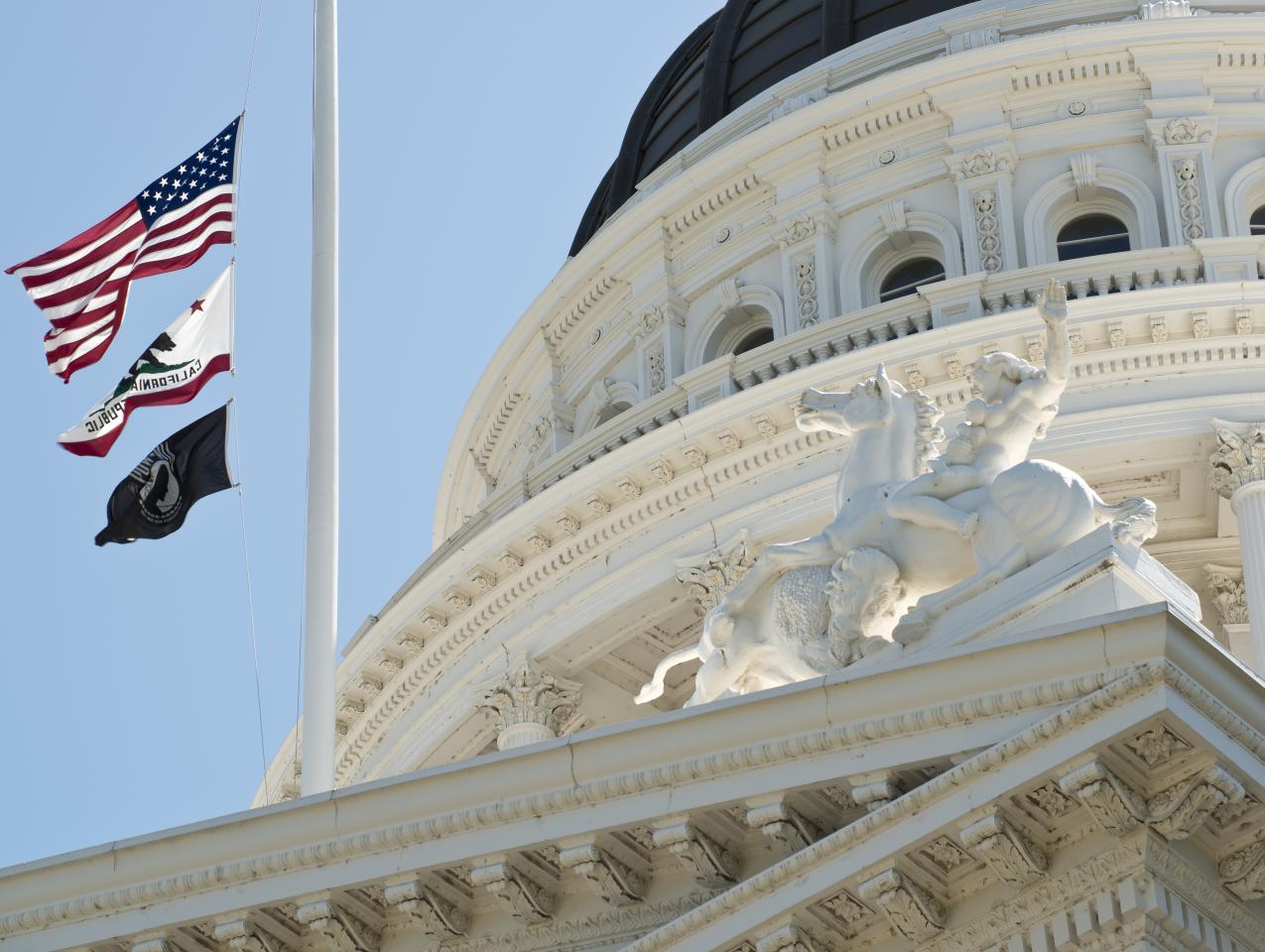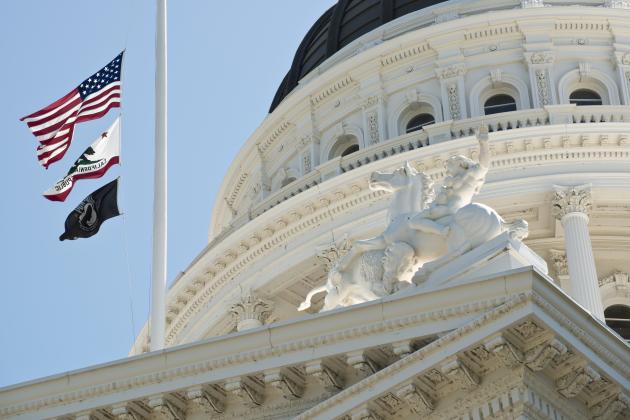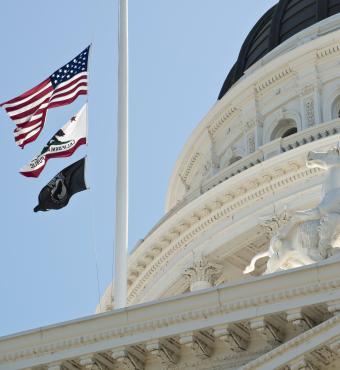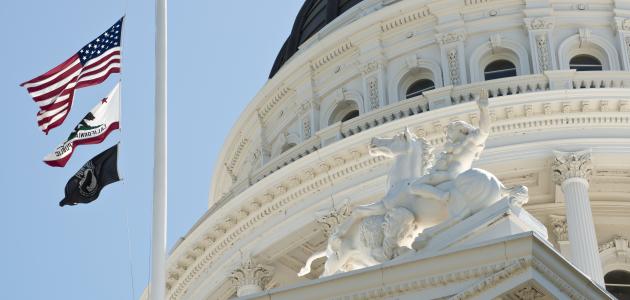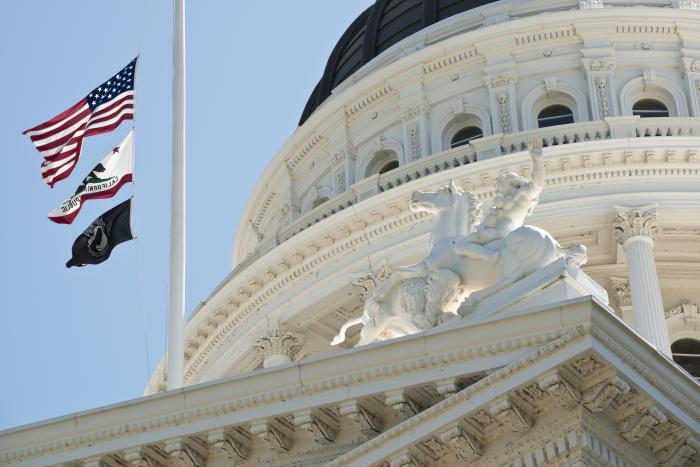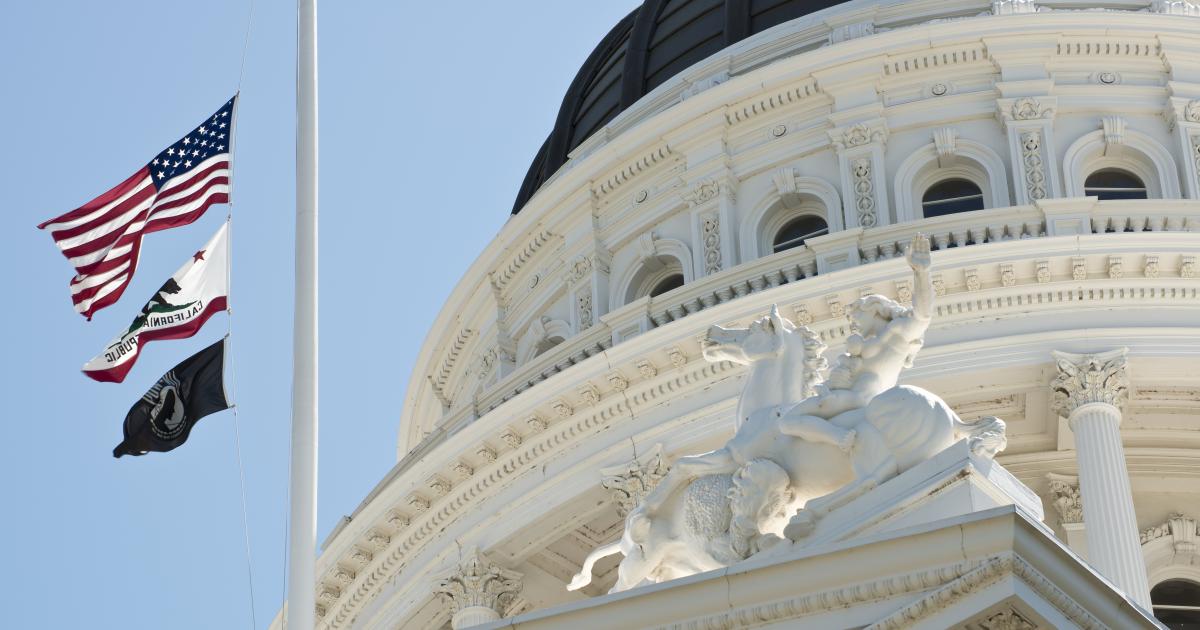As the nation voted in November 1980, Ronald Reagan was watching closely from California. Richard Wirthlin, his campaign's understated, brilliant pollster, was smiling broadly as he told me midafternoon: "We're headed for a blowout." Reagan won 44 states, and western voters standing in line that day just walked away from the polls as the results from the east began filtering in.
Reagan's coattails brought a majority in the Senate, and powerful House Democrats such as Oregon's Al Ullman, chairman of the Ways and Means Committee, and John Brademas of Indiana, the majority whip, went down in defeat. It was a huge victory. But Democrats still controlled the House of Representatives (243-192), and Reagan would have to deal with one of the canniest politicians of the modern era, House Speaker Thomas P. "Tip" O'Neill of Massachusetts.
Chris Matthews, now a television pundit known for speaking loudly and interrupting his guests, was a top aide to O'Neill from 1981 to 1986 and witnessed the titanic battles over the Reagan agenda. "Tip and the Gipper" is his entertaining and insightful account of the relationship between the speaker and the president. In 23 breezy and well-documented chapters, Mr. Matthews narrates the rise of these two politicians of Irish descent—the main uniting factor he can identify between the two—and their lengthy battles over tax cuts, spending cuts, defense appropriations, the lifting of the Carter grain embargo against the Soviet Union and eventually the Reagan initiatives to counter the Soviets in Africa, Central America and Afghanistan.
This is a book of legislative warfare—of political intrigue, strategy and tactics, of public statements and private deals. At the center, though, is a strange and blinkered view of its antagonists: O'Neill can do no wrong, and Reagan is just a lucky amateur, gifted with good looks and communication skills honed by years in Hollywood. Mr. Matthews seems, moreover, not quite convinced that the new administration's policies were Reagan's own and that he wasn't simply the puppet of his advisers.
Nine days after the inauguration, Reagan held his first news conference. He led off by saying: "Yesterday Secretary of the Treasury Donald Regan sent to the Congress a request to raise the debt ceiling [by $50 billion] to $985 billion. . . . We must gain control of this inflationary monster." He noted that he "took this action with great regret."
Five days later, Reagan invited Speaker O'Neill and his wife, Millie, to a small private dinner at the White House. It was a congenial evening, less about business than swapping stories, at which both men were expert. There is no question that they liked each other.
Two days after the dinner, the speaker sat behind Reagan as the new president addressed Congress on his economic program, and Mr. Matthews tells us that "O'Neill could spot the difference between the enormous confidence Reagan had with a prepared script" and "what seemed the president's near-total reliance on '3x5 cards' when discussing policy" in private meetings.
Well, the cards were actually 4x6. But the real error is the assumption that they were prepared for the president. They were his own notes, done in his nearly indecipherable shorthand. Reagan labored long and hard in preparing for meetings and in writing and editing his speeches. Mr. Matthews does recognize Reagan's formidable political gifts: "to denigrate Reagan's profession—dismissing him as a fellow who'd played against a chimp or shilled for light bulbs—was to miss a very big and obvious truth: people like actors and are fascinated by them." But he refuses to acknowledge the firmness of Reagan's core convictions.
Having lost the Iowa caucuses in 1980 to George H.W. Bush, Reagan headed to the New Hampshire primary, and, Mr. Matthews writes, "on the eve of that triumph he made the decision to reshape himself politically." His evidence is Reagan's appointment of William J. Casey as campaign manager. But Reagan wasn't changing tack. He was firing John Sears, who had blunderingly insisted that the candidate skip the Iowa contest. I know. I was part of the small Reagan campaign team and listened with amazement as Mr. Sears dismissed Iowa as a "mere beefcake show" that Reagan would win without bothering to appear. Casey came in on the day of the Reagan New Hampshire triumph, helped refocus campaign strategy and reinforced the strong beliefs of a candidate who had long since committed himself to the domestic and foreign policies that would change history.
With the passion we've come to expect of Mr. Matthews, who is nothing if not fervent about any social and political issue by which he is momentarily seized, we get alternating bouts of shock, resentment and even subdued moral rage as bit by bit Reagan gets things done in Washington: when the 1981 tax cut is passed and spending cuts are approved, the economic program is agreed upon, a major military "get-well" program is approved, early warning AWACS aircraft are sold to Saudi Arabia. Mr. Matthews's disdain for Reagan is such that he repeatedly insists that the botched 1981 assassination attempt was a marvelous "opportunity" for the White House, as "now he appeared in the eyes of his fellow citizens as a full-blown hero," and was politically invincible. As one who was in the White House Situation Room that day, I struggle with the notion that Reagan was lucky to be shot and survive.
Mr. Matthews's dismay causes him to miss the key point in the O'Neill-Reagan relationship: that many of the president's momentous policy victories, at home and abroad, were products of compromise. He identifies O'Neill as a "political retailer" and Reagan as a "wholesaler" with "few friends." By the time Reagan took his historic initiatives at the 1984 Geneva Summit, O'Neill was publicly admitting that "the president will be able to handle himself. . . . Don't you worry about the president."
Despite the deep disappointment that Mr. Matthews obviously feels at Reagan's successes, the greatness of his presidency comes across in this lively book. What also comes through is that these two power brokers could and did work together, notably in their 1983 agreement to leave Social Security untouched. It was an age, as the subtitle of "Tip and the Gipper" has it, "when politics worked."
Mr. Allen was chief foreign policy adviser to Ronald Reagan and his first national security adviser. He is a senior fellow at the Hoover Institution.







